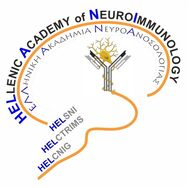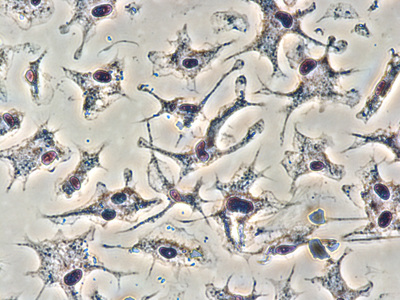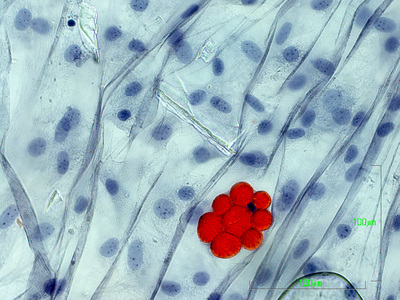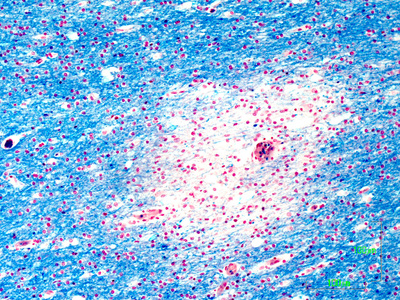ANNOUNCEMENTS- NEWS
- ESNI Journal Club - Tuesday June 25, 2024 at 15:00 - 16:00 CEST
- ESNI 2024 - 18th European School of Neuroimmunology Course: 7-10 July 2024, Hasselt, Belgium
- 5th ASNI Course - Americas School of Neuroimmunology Course: 22-25 July, 2024, Toronto, Canada
- Institute of Neuropathology, University Medical Center Göttingen, Germany - position for a PhD student
- Position paper on diagnosis and classification of optic neuritis
HELLENIC ACADEMY OF NEUROIMMUNOLOGY
The Hellenic Academy of Neuroimmunology was founded in 2012 and aims to a) facilitate the communication and cooperation between clinicians,health scientists and of the biological sciences for the promotion and reinforcement of reserarch, education as well as the improvement of clinical results of immune-mediated diseases of the central and peripheral nervous system and muscles, b) support and promote basic and clinical research and education, as an institution of research and education in the field of neuroimmunology in Greece, c) actively participate in the coordination of initiatives regarding research and education in the field of neuroimmunology, both in Greece as well as in cooperation with the respective european and international institutions, d) organise medical conferences in the field of neuroimmunology and participate in any way in the joint organisation of conferences with domestic or foreign institutions, e) encourage new researchers in the field of neuroimmunology.
It constitutes the common effort of the following scientific institutions who are active in the field of Neuroimmunology in Greece: Aristotle University of Thessaloniki, University of Ioannina, Democritus University of Thrace, University of Thessaly, National and Kapodistrian University of Athens, University of Crete, University of Patras, Hellenic Pasteur Institute, Academy of Athens, Fleming Institute and the Centre for Research and Technology Hellas.
The Academy is a non profit and charitable company who aims at promoting research in the field of Neuroimmunology. Pursuant to its aim the Academy organises every year a Panhellenic Congress with the participation of important greek and international scientists. At the same time it participates in international conferences, it grants aegis to national scientific events and reinforces through awards and research grants, research efforts carried out by research institutions in Greece.
It constitutes the common effort of the following scientific institutions who are active in the field of Neuroimmunology in Greece: Aristotle University of Thessaloniki, University of Ioannina, Democritus University of Thrace, University of Thessaly, National and Kapodistrian University of Athens, University of Crete, University of Patras, Hellenic Pasteur Institute, Academy of Athens, Fleming Institute and the Centre for Research and Technology Hellas.
The Academy is a non profit and charitable company who aims at promoting research in the field of Neuroimmunology. Pursuant to its aim the Academy organises every year a Panhellenic Congress with the participation of important greek and international scientists. At the same time it participates in international conferences, it grants aegis to national scientific events and reinforces through awards and research grants, research efforts carried out by research institutions in Greece.






